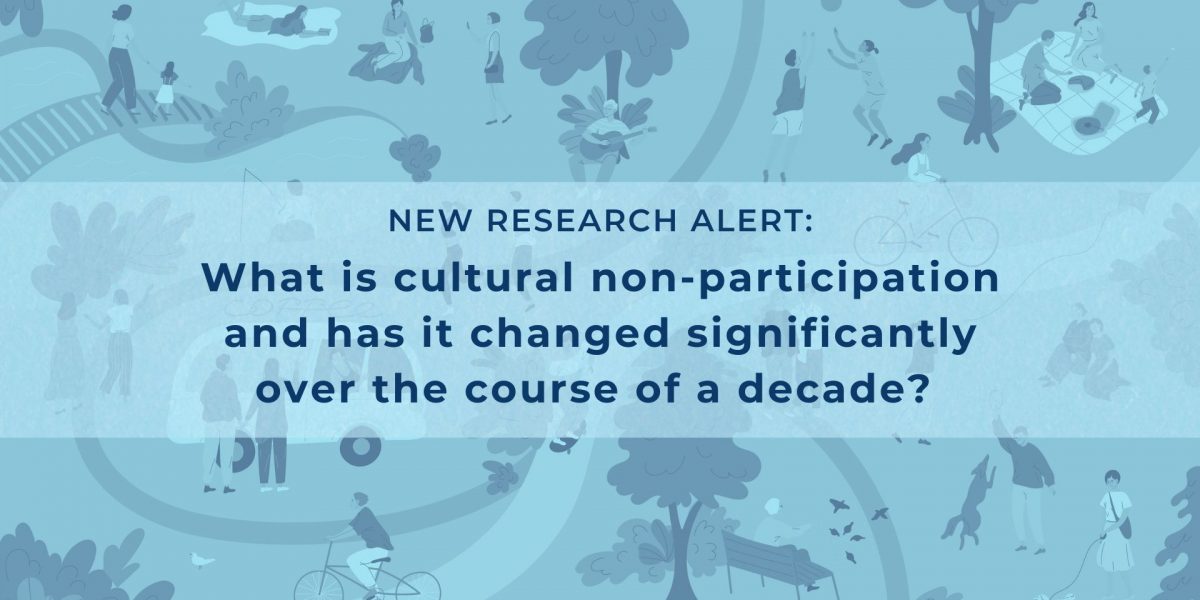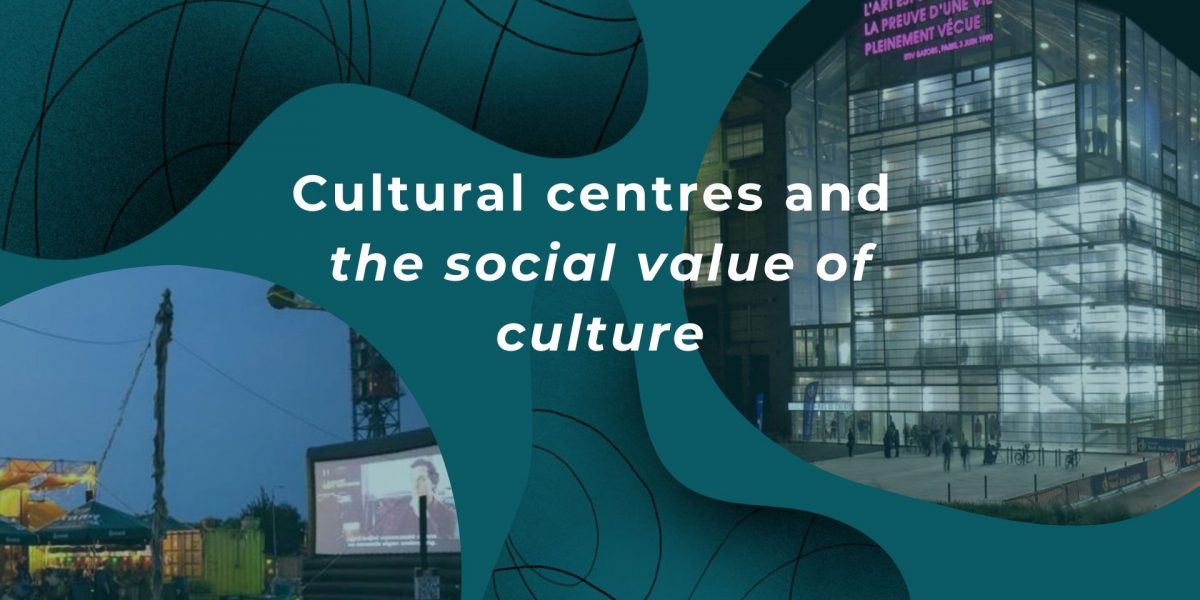News
Mapping the multiplicity of cultural understanding: INVENT brings out a new report exploring the meanings Europeans ascribe to culture
INVENT has brought out a new report that comprises a combination of data and analyses capturing an answer to the question: What does culture mean to Europeans?To map out the multiplicity of understandings of culture within and across Europe, the report opens with a brief discussion of the diverse conceptions of culture, the current “cultural abundance” and how the manifold
New research alert: What is cultural non-participation and has it changed significantly over the course of a decade?
It is a commonly shared view that “culture is good for you”. In cultural policy, there has long been concern about citizens that do not participate in any cultural activities, such as visiting museums or concerts. Cultural non-participation has often been treated as a problem – even though non-participation is actually very common. An explanation for the low rates of
Mark your calendars! These are the events where INVENT is presenting their findings this fall.
The INVENT Project will be presenting part of its findings across an array of conferences this coming Fall. Below, we will detail the upcoming presentations and events that feature INVENT’s findings, but if you already want a glimpse of what else the project has been up to, don’t forget to check out our second yearly newsletter. You can read and
The Dutch INVENT team presents their findings on online cultural petitions at conference “The Value of Culture after Corona”
On June 30, 2022, the Dutch INVENT team attended the Boekman Foundation conference entitled “The Value of Culture after Corona” and presented their findings from a big-data-analysis of online cultural petitions among Dutch citizens and organizations. The findings presented are part of the second wave of data scraping carried out by the INVENT consortium that explores which cultural petitions dominate
Should Netflix obey Swiss rules? How cinema is (still) a national industry
In the age of immediacy, of the digital, the relationship between audiovisual products and consumers is increasingly close. It has become a habit to choose as a favorite pastime to watch an episode of a TV series via a payment platform. It is a simple, fast and repeatable process over time, which is why many people have already incorporated it
Cultural centres, sociability, and the societal value of culture
Socio-cultural centres, community centres, social centres, youth centres, creative centres… are among the many names of the cultural centre. So, what are the cultural centres, and why are they important for the societal value of culture? Cultural centres exist in many forms but are easily recognizable by their multifaceted and open character – think accessible places of many socio-cultural activities
How COVID-19 Pandemic influenced Cultural Workers in Southeast Europe – Part 2
The COVID-19 pandemic has created an economic and social crisis that has both revealed and exacerbated already strong trends in many areas of society, while also creating new spaces for reflection and questioning. What are specific trends in the cultural sector that are being exaggerated by the COVID-19 pandemic? What did it mean to go digital for art and cultural
Solidarity beyond borders of war: Zhivago writes poems to Old Europe
In some corner of a random neighborhood in the city of Mariupol, in Ukraine, a man blows out a candle and leaves his room in darkness. He has heard the advance of the troops and is afraid that the dim light that filters through the curtains will arouse some suspicion. Downstairs, in the street, it is pitch black and the
Forthcoming Cultural Bonus for Spanish Youth: it’s objectives and limitations
Coming June, young Spaniards who turn 18 this year will benefit from a cultural bonus with a value of €400. Back in March, the Council of Ministers approved the Royal Decree 210/2022 that established the conditions under which this Young Cultural Bonus can take effect, an undertaking for which the General State Budget has reserved a budget of 210 million
To Cancel or not to Cancel: How Cancel Culture Disqualifies people and productions from the cultural stages of Europe
we see that not everyone and everything is welcome to the cultural arena: after allegations of immoral, transgressive or discriminatory behavior, cultural workers and their productions are increasingly ‘cancelled’ by their audiences or by particular media.












 This project has received funding from the European Union’s Horizon 2020 research and innovation programme under grant agreement No
This project has received funding from the European Union’s Horizon 2020 research and innovation programme under grant agreement No